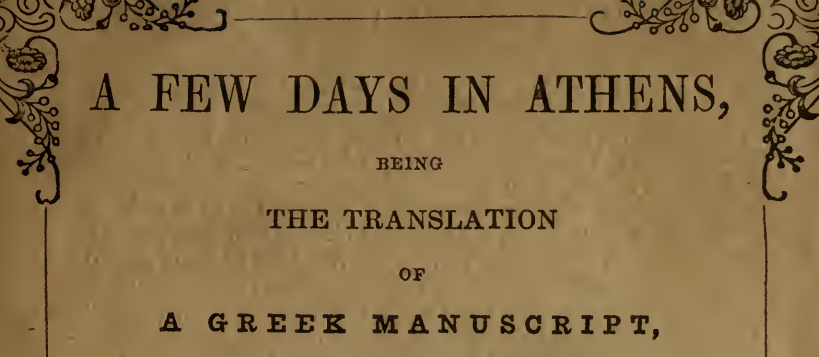As I suggested at the end of Episode One Hundred Nine, I'm looking for some way to deliver some special zip to the reading of this week's text, since it is Torquatus' final shout-out to Epicurus and is particularly memorable. I promise that if anyone can produce a musical or singing or special spoken word edition of this text and can send us a media file that we will include it in the episode!
Note that the post above includes both the Reid and the Rackham translation, and either version works fine. In this case I don't see any major issues that make Reid superior, and the smoothness of Rackham's version may make it more memorable. We'll probably have Martin read one and Joshua the other, but there is room for more.
As for Rackham: "Philistines" -for example - may not have been the word that Torquatus used, but it carries a special weight in English today.
As for both: I never get tired of hearing how we should be embarrassed that we did not learn these things as children!


